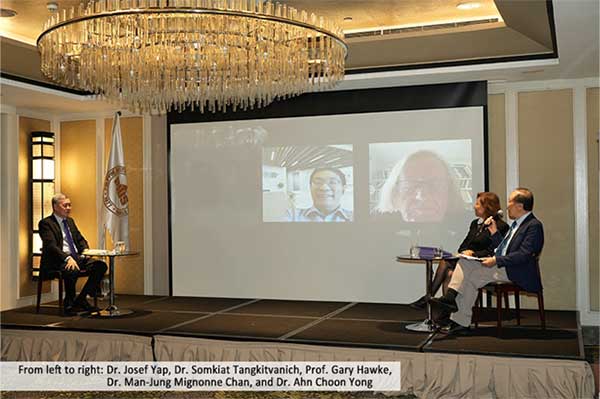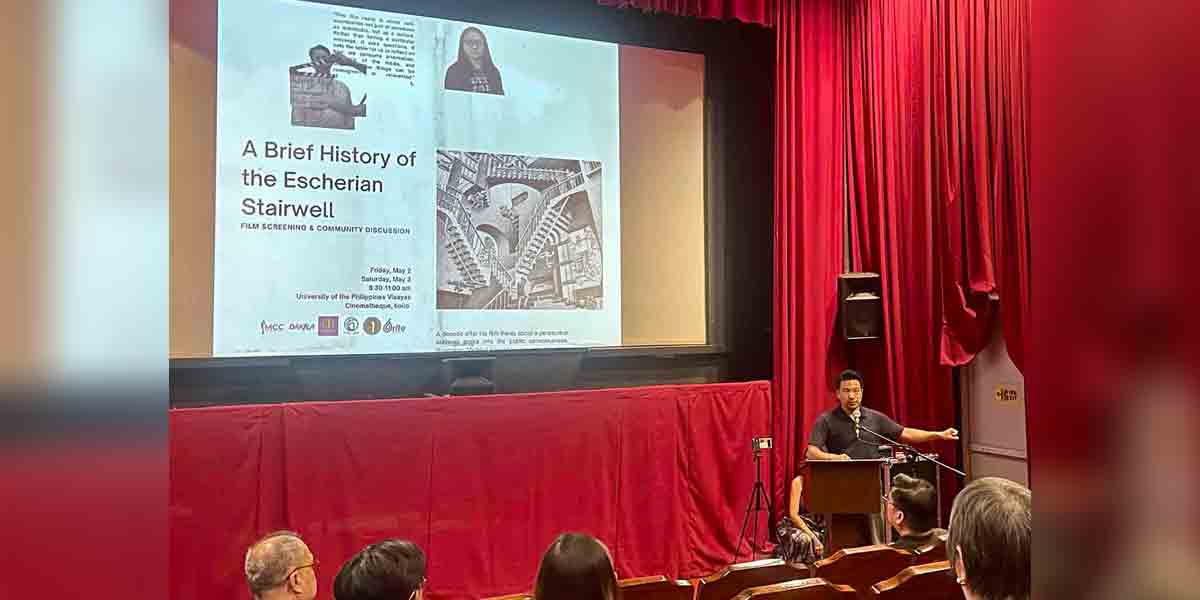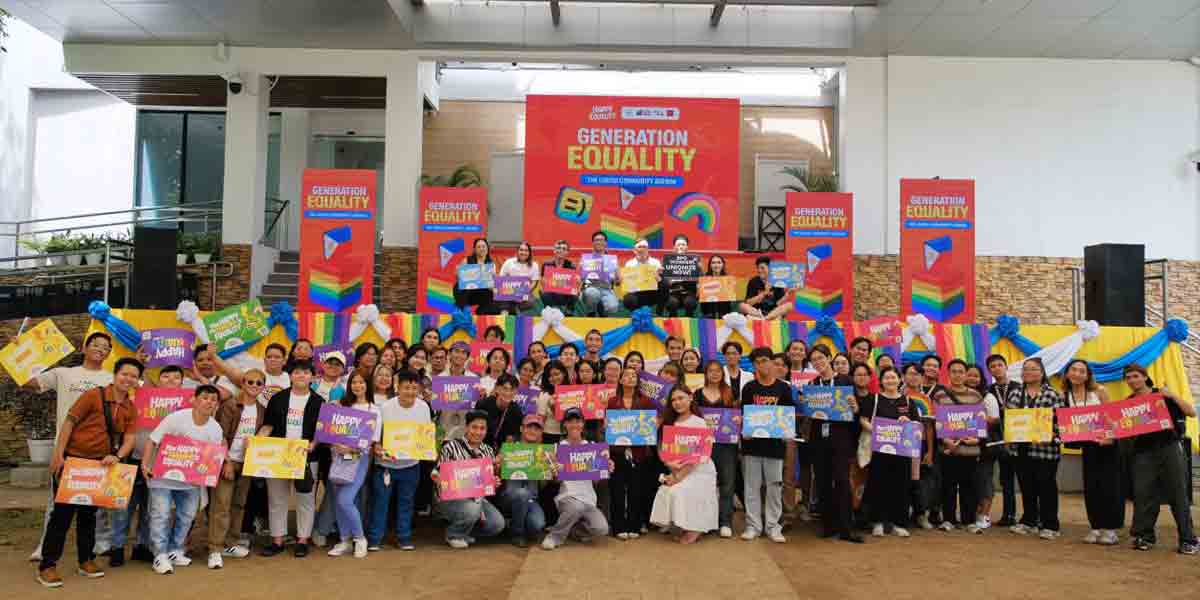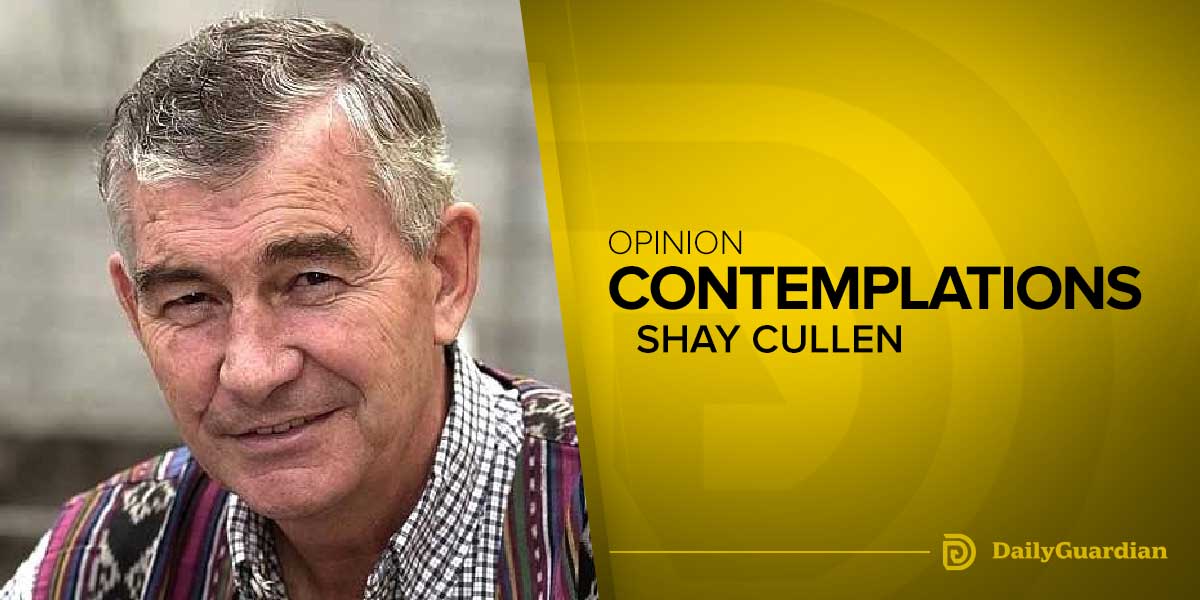
MANILA – Experts at the Asia Pacific Forum 2024 called on the Association of Southeast Asian Nations (ASEAN) to strengthen unity and adapt to significant geopolitical and economic changes impacting the Asia-Pacific region.
The forum, hosted by the Philippine Institute for Development Studies (PIDS) in partnership with the Japan Economic Foundation (JEF), examined the challenges of evolving U.S. policies and their effects on regional trade, economic stability, and cooperation.
Themed “Navigating the Changing Geoeconomic Landscape in the Indo-Pacific Region: The Role of ASEAN,” the event brought together renowned scholars and policymakers to explore ASEAN’s role in maintaining neutrality while addressing shifting global dynamics.
Former PIDS President Dr. Josef Yap moderated the discussions, emphasizing the intersection of sovereignty, democracy, security, and economic interests. “Moving forward will require collective action, with ASEAN likely to play a central role,” Dr. Yap said.
Taiwan’s economic adjustments under U.S. pressure were explored by Dr. Man-Jung Mignonne Chan, Deputy Director of the Taiwan Center for Security Studies. She highlighted Taiwan’s strategic realignment of its chip manufacturing industry to include bases in the U.S., Japan, and Germany while investing in countries like Vietnam, Mexico, and India. “Taiwan may need to reshuffle supply chains to link with global markets,” Dr. Chan said, acknowledging the complexity of these shifts.
Dr. Ahn Choon Yong, Professor Emeritus at Chung-Ang University, warned that the incoming U.S. administration’s protectionist policies could heighten economic fragmentation and inflationary pressures in the region. He urged Asia-Pacific economies to prioritize constructive alignment to preserve the multilateralism of the World Trade Organization (WTO). “This approach ensures the region remains engaged in collaborative efforts,” Dr. Ahn said.
From Thailand, Dr. Somkiat Tangkitvanich of the Thailand Development Research Institute discussed ASEAN’s rising significance in global trade as manufacturing shifts from China to Southeast Asia. He stressed the need for ASEAN unity and partnerships with nations like Japan to address trade, sustainability, and food security. “We need to cooperate more deeply, not only in terms of trade but also in sustainability and tourism,” Dr. Somkiat said.
Professor Gary Hawke of Victoria University of Wellington emphasized the importance of maintaining WTO principles while exploring agreements in emerging sectors such as e-commerce and environmental goods. He cautioned against framing global challenges as security versus economic issues. “Cooperation is the right approach in navigating a very different international environment,” Prof. Hawke said.
The forum concluded with a consensus on ASEAN’s pivotal role in promoting regional stability and sustainable growth amidst external pressures. Experts agreed that ASEAN must leverage its historical commitment to unity and neutrality to navigate the evolving global economic landscape.



















